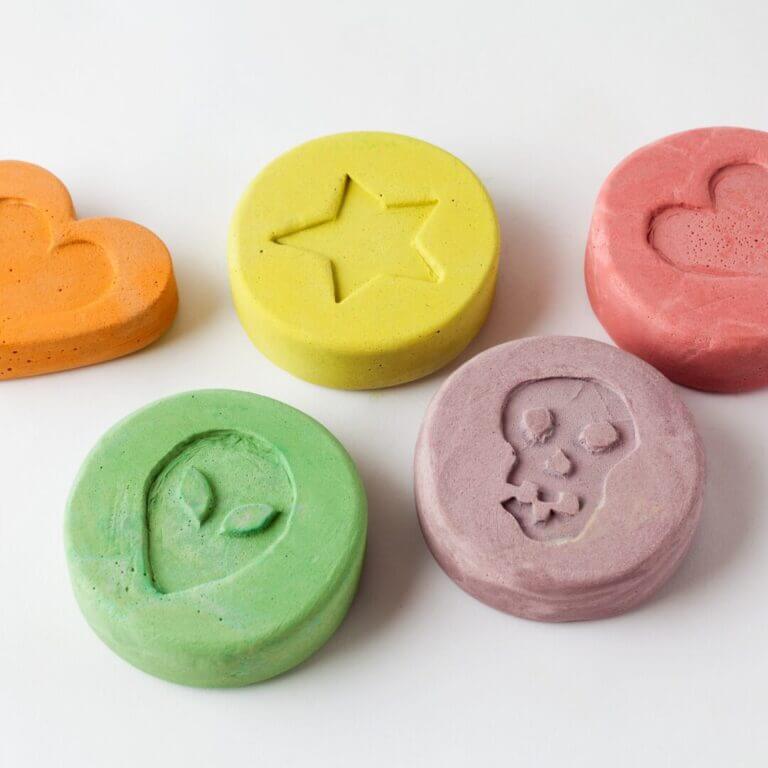Taking that first courageous step toward freedom from an alcohol use disorder is absolutely life-altering. Alcohol detox is the first phase of the recovery, during which the body purges the remaining alcohol toxins and adjusts to the absence of the substance. Detox and withdrawal pave the way for receiving treatment, the necessary therapy and education that guides you towards your new life in recovery.
Alcohol withdrawal features symptoms that range from mild to severe depending on the severity of the alcohol use disorder. Medically trained detox professionals will closely monitor the withdrawal symptoms and be on the alert for any potential health event that might arise. Symptoms are controlled, and discomfort is minimized through the interventions and support provided.
What is Withdrawal?
Alcohol use is suspended when you decide to enter recovery. After a long period of alcohol use, the brain chemistry and bodily systems have been profoundly impacted and altered. The symptoms associated with alcohol withdrawal arise within hours as the brain responds to the alcohol’s absence.
The brain and central nervous system have gotten accustomed to the depressive effects of alcohol, so when it is abruptly halted, over-excitability results, causing the unpleasant symptoms to emerge. According to a publication from the National Institute of Alcohol Abuse and Addiction, the features of alcohol withdrawal in someone with alcohol dependency are caused by the over-activity of the autonomic nervous system, the part of the nervous system that manages our response to stress.
Signs of Withdrawal
The signs of alcohol withdrawal follow a three-phase progression:
Stage One – Emerging Symptoms: Within 6-12 hours, the most common symptoms include sweating, nausea and vomiting, headache, agitation, hand tremors, and increased heart rate. These last for 24-48 hours.
Stage Two – Peak Symptoms: Symptoms intensify during this stage, and include fever, shaking, intense irritability, increased blood pressure, confusion, anxiety, and insomnia.
During Stage Two, on days 3-4, there is a small chance that the delirium tremens (DTs) may suddenly develop. This can be a serious medical emergency, as vivid hallucinations, paranoia, extreme mental confusion, seizure, coma, and even death can occur.
Stage Three – Subsiding Symptoms: Days 4-7 of the detox timeline features the resolving of most symptoms. Sleep issues, anxiety, and depression may linger for a few weeks, however.
Medications are provided to help minimize many of the symptoms of alcohol withdrawal. Lithium and Valium as well as muscle relaxers can help reduce the risk of seizures and relieve symptoms of anxiety and insomnia. Over-the-counter medications are helpful for relieving fever, nausea, and headache.
Next Steps
Withdrawal management is only the first step in recovery from an alcohol use disorder. To succeed in recovery, it is essential that you participate in a comprehensive treatment program. Treatment provides the blueprint for navigating recovery successfully.
Treatment for alcohol use disorder involves the following components:
- Therapy. During treatment, you will engage in psychotherapy to examine and work on any underlying emotional issues that may be factors in the alcohol use disorder. Therapy also helps you identify distorted thought patterns that keep you stuck in unhealthy behavior responses, and then guides you toward making positive changes. Therapy is offered in both individual and group formats.
- Medication Supported Recovery (MSR). Some individuals may benefit from the medication naltrexone to help support recovery efforts. Naltrexone has been found to help reduce alcohol cravings, which then reduces relapse risk.
- Education. Treatment programs include classes that teach how alcohol use disorder or dependency develops, and also how to prevent relapse. Psychosocial education focuses on conflict resolution, communication skills, and emotion regulation techniques as essential coping skills for recovery.
- Holistic. When coming from a holistic approach — the belief that each person is composed of body, mind, and spirit — treatment will include experiential treatment elements. These include meditation and prayer, art therapy, yoga, acupuncture, and massage.
Following the completion of the treatment program, continuing care actions help secure recovery efforts. These include ongoing outpatient therapy, family counseling, alumni support, and participation in a recovery community. Detox begins the pathway to a new life, but treatment and continuing care help to keep you on the recovery path.
Ashley Addiction Treatment, formerly Father Martin’s Ashley, is a nationally recognized nonprofit leader in integrated, evidence-based treatment for substance use disorders and is accredited by The Joint Commission. We offer both inpatient and outpatient programs, holistic addiction treatment, drug detox, relapse prevention plans, family wellness programs and a variety of other services tailored to each patient’s needs. Our driving principle — “everything for recovery” — reinforces our mission to heal each individual with respect and dignity, and reflects on our ongoing commitment to meet new challenges. For information about our comprehensive programs, please call (866) 313-6307.

